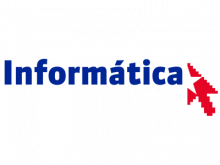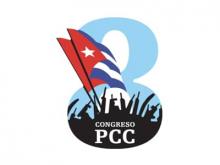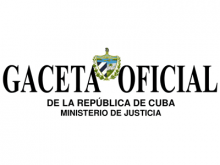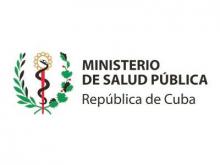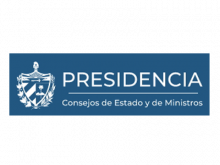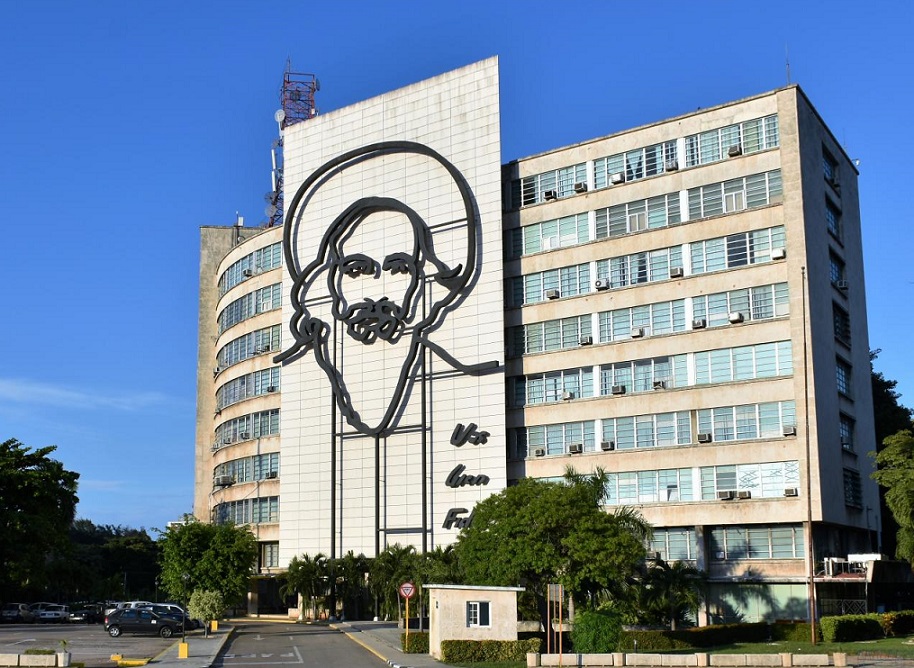
The Ministry of Communications, in addition to the responsibilities it shares with all the other organisms of the Central Administration of the State, specifically has the following ones: 1.Assuring the Unique Communications System of the country with the requirements of maximum reliability and technological independence, guaranteeing in times of peace the infrastructure and the services for the national defense and safety; 2.Proposing, and once they are approved, executing and controlling radio spectrum usage policies; as well as planning, implementing, regulating, managing, and controlling the necessary set of measures for the defense of those policies, in order to carry on the required international co-ordinations for that purpose; 3.Proposing, and once they are approved, executing and controlling cyberspace usage policies; as well as planning, implementing, regulating, managing, and controlling the necessary set of measures for the defense of those policies, in order to carry on the required international co-ordinations for that purpose; 4.Organizing, regulating, and controlling the services of telecommunications, radio communications, informatics, and postal services, nationally and internationally. Also, managing common and limited resources regarding these services and their implementation; 5.Evaluating, proposing, and issuing or overruling permissions, authorizations, grants, and permits given to operators and suppliers of computer, telecommunications, radio communications, and radio spectrum services, as well as postal services (private or public). This responsibility also affects the installation and exploitation of radio electrical devices or equipment, looking after their fulfillment in the framework of the Ministry's authority; 6.Promoting, regulating, and controlling the expansion of the universal services of the Unique Communications System of Cuba, and its capacity; 7.Assuring the development of the communications infrastructure and fostering new technological platforms; 8.Regulating and controlling the technical and exploitation requirements of the systems, equipment, and devices to be used in the informatics, radio communications, and telecommunications networks, for guaranteeing the interconnection between public networks as well as services interoperability; 9.Proposing, altogether with the Central Administration of the State the necessary programs for achieving the informatization of society, and specifically to accomplish the development of an informatics social culture, and once they are approved, controlling their fulfilling. Evaluating the impact of the information and communication technologies usage; 10.Proposing, and once they are approved, guiding and controlling the strategies and the action programs focused on the implementation of telecommunications and informatics at the different entities and levels of the State and the Government; evaluating the economic and technological aspects related to this process and making the pertinent proposals; 11.Establishing and controlling the execution of the regulations concerning the integrity and privacy of the information that flows throughout the telecommunications, radio communications and computer networks, assuring their security and invulnerability, the design and documenting of the computer systems, as well as the inviolability of postal shipments; 12.Regulating and controlling the implementation of the operational and technical standards of the communications systems and computer networks that operate in the country in general, aiming at technological development; 13.Establishing, regulating, and controlling the programs regarding quality, modernization, metrology, and expansion of the services that are supervised by the Ministry; inserting, eliminating or modifying the quality indexes, as well as evaluating and controlling their fulfillment; 14.Proposing, and once it is approved, regulating and controlling the policy for the production, standardization, and authentication of equipment, devices, components, accessories, systems, and applications in their field of competence, as well as proposing and establishing the technical regulations related to their importation and exportation; 15.Regulating, and controlling the emission, distribution, circulation, validity, face value, and other characteristics of the postal species; 16.Approving the National Framework for Frequency Bands Allocation; 17.Ensuring the correct evolution of the Unique Communications System of the country, through the insurance of the Ministerial technological surveillance system; 18.Approving the system classification proposals for the implementation of radio silence, just like for the establishment of especial measures for controlling radio electric emissions, and their priority order; 19.Authorizing the allocation of numeration, internet, and joint usage resources to the public telecommunication services providers; and 20.Proposing the policies and strategies for the development, evolution, production, commercialization, and usage of telecommunications, informatics, radio communications, postal services, radio spectrum, communication systems automatics, radio spectrum management, associated support and technical insurance and, once these policies and strategies are approved, directing and controlling their implementation.








